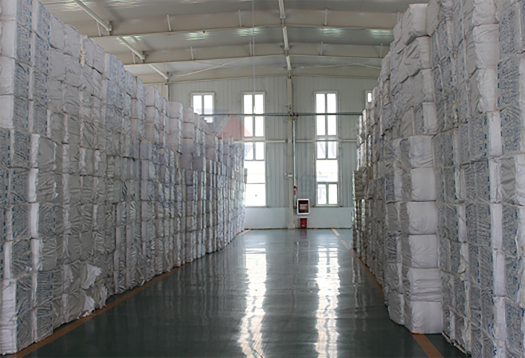
Sep . 12, 2024 16:21 Back to list
HPMC Polymer Solutions for Innovative Applications
Understanding HPMC Polymer Properties and Applications
Hydroxypropyl methylcellulose (HPMC) is a versatile polymer widely recognized for its unique properties and numerous applications across various industries. HPMC is a semi-synthetic polymer derived from cellulose, the most abundant organic polymer on earth. This modification involves the introduction of hydroxypropyl and methyl groups, which enhance solubility in water and improve functionality.
Understanding HPMC Polymer Properties and Applications
In the construction industry, HPMC plays a significant role as an additive in cement and plaster products. When added to mortar, it improves workability, adhesion, and water retention, which are crucial for the application and durability of construction materials. The use of HPMC in construction allows for enhanced performance and longevity of structures, particularly in challenging environments.
hpmc polymer

Food applications of HPMC are also noteworthy. This polymer acts as a food thickener, emulsifier, and stabilizer in various edible products. Its capacity to retain moisture and improve texture makes it a popular choice in baked goods, sauces, and frozen foods, ultimately enhancing the overall sensory experience for consumers. Moreover, HPMC is considered safe for consumption and is a non-toxic alternative to some synthetic additives, which adds to its appeal in the food industry.
In addition to its functional properties, HPMC is valued for its biodegradability and environmental friendliness. Unlike many synthetic polymers that pose a lasting threat to ecosystems, HPMC is derived from renewable resources and is more easily broken down in nature. This makes it a viable option for companies striving to reduce their environmental footprint and provide sustainable products.
In the cosmetic industry, HPMC is often incorporated into formulations as a thickener and stabilizer, contributing to the texture and viscosity of creams, lotions, and gels. Its mildness and compatibility with various ingredients make it suitable for sensitive skin formulations, further broadening its use.
In conclusion, HPMC is an extremely useful polymer with a diverse range of applications in industries such as pharmaceuticals, construction, food, and cosmetics. Its unique properties—such as water solubility, gelling capability, biodegradability, and safety—make it an ideal choice for both manufacturers and consumers. As industries continue to seek out sustainable and efficient materials, HPMC is likely to remain at the forefront of polymer innovation.
-
Versatile Hpmc Uses in Different Industries
NewsJun.19,2025
-
Redispersible Powder's Role in Enhancing Durability of Construction Products
NewsJun.19,2025
-
Hydroxyethyl Cellulose Applications Driving Green Industrial Processes
NewsJun.19,2025
-
Exploring Different Redispersible Polymer Powder
NewsJun.19,2025
-
Choosing the Right Mortar Bonding Agent
NewsJun.19,2025
-
Applications and Significance of China Hpmc in Modern Industries
NewsJun.19,2025







